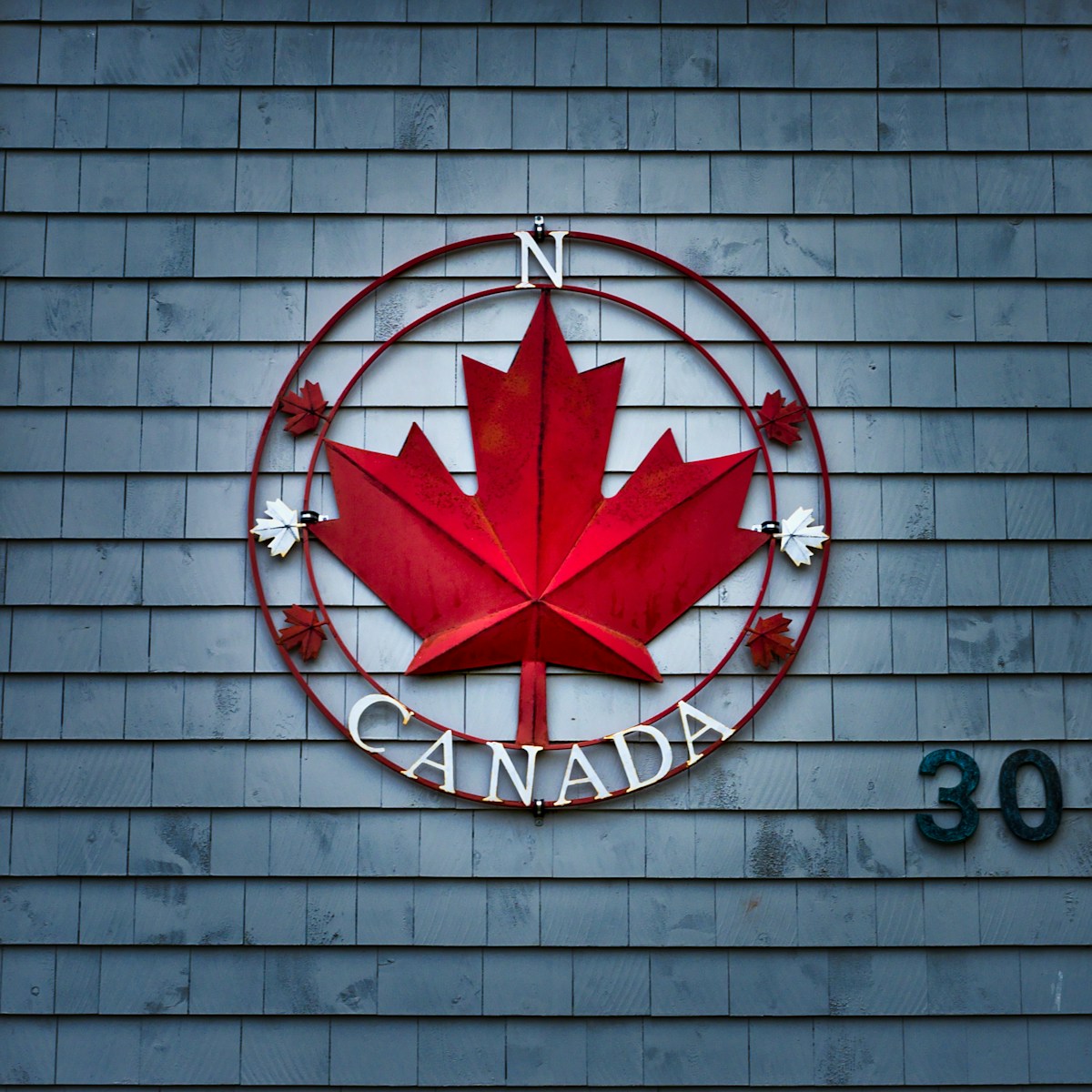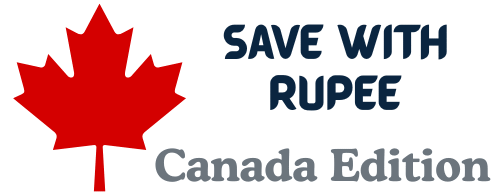Ultimate Financial Guides for Canadians in 2025: Real Stories, Smart Tips & Practical Steps
Money management can be overwhelming, especially with rising costs and economic uncertainty. But Canadians across the country are navigating their finances with new hope for 2025—making solid plans, learning from mistakes, and building brighter futures.
This guide combines real stories, proven strategies, expert tips, and handy tools to help Canadians at every life stage take charge of their money with confidence.

Amanda’s Journey: From Overwhelmed to Financially Free
Amanda, a graphic designer in Toronto, once lived paycheck to paycheck. She struggled with debt and felt anxious every month about bills. Inspired by budgeting apps and advice from friends, Amanda tracked her income and expenses for the first time. She found spending leaks—like unneeded subscriptions and frequent dining out.
By prioritizing needs over wants and setting a monthly savings goal, Amanda steadily paid off debt and saved for her vacation dream. Her secret? A clear budget that adapted as life changed and the discipline to say “no” to impulse buys. Amanda’s story is a reminder that budgeting is a journey, not a one-time fix.
How to Master Your Money: Key Financial Guides for Canadians in 2025
1. Understanding Your Financial Health
Begin with a full picture: what you earn, spend, owe, and own. Use financial health checklists to assess:
- Net income
- Monthly expenses
- Debt balances
- Emergency savings
- Investment accounts
This clarity forms the foundation for goal-setting.
2. Building a Realistic Budget
The 50/30/20 Rule is a great starting point:
| Budget Category | Percentage of Income | Description |
|---|---|---|
| Needs | 50% | Rent, utilities, groceries, insurance |
| Wants | 30% | Dining, entertainment, travel |
| Savings & Debt | 20% | Retirement, emergency fund, loan payments |
Adjust as needed based on your goals and region. For example, Toronto’s rent is higher than other provinces, so maybe needs take 60% and wants less.
3. Smart Saving Strategies
- Automate savings monthly, even if small
- Use government-registered accounts like TFSA, RRSP, or FHSA for tax advantages
- Shop mindfully: buy quality, hunt discounts, and avoid impulse purchases
- Prepare for unpredictable work income by saving more in good months
Inspiring Story: Sarah’s Triumph Over Debt
Sarah arrived in Vancouver with $5,000, no job, and hopes to build a new life. She faced low wages and costly city living. Early on, she made common financial mistakes like maxing out credit cards and dipping into lines of credit for daily expenses.
But Sarah educated herself on debt repayment methods like the snowball method, created a tight budget, and sought financial counselling. Over several years, she cleared her debt and now invests for the future. Her journey shows that even with a tough start, persistence can lead to financial stability.
Canadian Financial Tools and Resources for 2025
| Tool/App | Purpose | Cost | Best For |
|---|---|---|---|
| Mint | All-in-one budgeting | Free | Beginners and visual trackers |
| YNAB (You Need A Budget) | Debt tracking and saving goals | Subscription | Focused goal setters |
| KOHO | Prepaid card + budgeting tools | Free | Banking with budgeting in one |
| Scotia Smart Money | Spending tracker + advice | Free | Scotiabank clients |
Plus, government calculators (from Canada.ca) help plan budgets, mortgages, and savings.
Quick Comparison: TFSA vs RRSP vs FHSA Accounts
| Account | Contribution Limit (2025) | Tax Benefit | Best Use |
|---|---|---|---|
| TFSA | $7,000 | Tax-free growth/withdrawals | Emergency fund & flexible savings |
| RRSP | $32,490 (18% earnings cap) | Tax-deferred growth, tax deduction | Retirement savings |
| FHSA | $8,000 | Tax-free growth and withdrawals | Saving for first home purchase |
FAQs About Canadian Finances
Q: How do I start saving with low income?
A: Begin small, automate savings monthly, focus on cutting discretionary expenses, use free financial advice and community resources.
Q: Can newcomers to Canada access financial help?
A: Yes, there are newcomer programs to assist with credit building, budgeting advice, and settlement services.
Q: How often should I review my budget?
A: Monthly is ideal to keep track of changing expenses or income shifts. Quarterly reviews help set or update longer-term goals.
Your Financial Journey Starts Here
Taking control of your money is the first step to stress-free living and future security. Like Amanda and Sarah showed, it’s a path full of learning, adjustments, and wins.
Begin your financial journey today. Visit cad.savewithrupee.com for exclusive Canadian financial tools, budgeting templates, personal stories, and expert advice crafted for 2025 and beyond.
